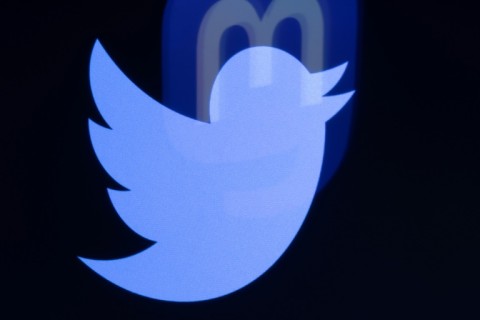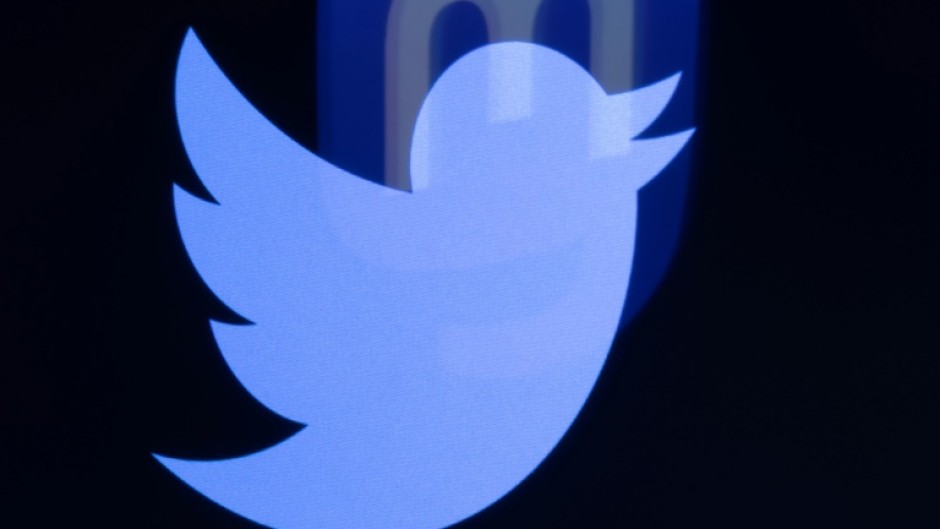
WASHINGTON - Since Elon Musk took over Twitter in October, users irked by the platform's new regime have vowed to move their online presence elsewhere, though this has proved harder than some had banked on.
Here is a list of some of the contenders to dethrone Twitter as the go-to website for the media, officials and celebrities.
- Bluesky, Dorsey's Twitter clone -
Bluesky was created by Twitter's co-founder Jack Dorsey and is now the talk of Silicon Valley, leaving those in the know scrambling to secure an invite to join the app that is still at the testing phase.
The platform looks and feels like Twitter as its backers want users from the Elon Musk-owned site to feel at home, though posts on the app are referred to as "skeets", not tweets.
Bluesky was actually created as a Twitter side project in 2019 as a way to think about a decentralized version of the platform where users - and not the company - are more in control of personal data and content moderation.
- Mastodon, the anti-Twitter -
Unknown to the general public, Mastodon saw its popularity explode when Musk took over Twitter, though still way off Twitter's roughly 200 million monthly years.
According to Wired magazine, Mastodon's active monthly user count dropped to 1.4 million in late January from a high of 2.5 million in late November and December, in the immediate aftermath of Musk's Twitter buyout.
That's when, in a pique of frustration, Musk suspended users who posted their Mastodon handles, but later backed down.
Created in 2016 by the German developer Eugen Rochko, the site is also a decentralized social network without advertising where preserving privacy is sacrosanct.
In practice, Mastodon like Twitter is based on postings of small messages, but each new user must sign up to an independently-run server and there are thousands of them. In theory, users can interact freely across the Mastodon servers, but this can be complicated and unreliable.
Many new users complain about the platform's unintuitive interface, underlining the difficulty of creating an account and the poor response times unlike sites run by the tech giants.
Content moderation is also a big question mark as it is left to the sole discretion of server administrators, with some refusing access to others, disrupting the experience.
- Substack Notes -
In a separate act of vengeance, Musk last month briefly blocked links and search responses to Substack, the site that helps writers monetize their work, after the site launched Substack Notes.
Notes, much like Twitter, allows writers to post short pieces of content such as links, images and quotes and helps guide users to paid content.
Musk reversed his retribution decision but has since heavily promoted ways Twitter will help users make money.
Substack Notes has faced some flack as it is not yet sure how it will manage content moderation but says it will feel less pressure to cook up viral content since its revenue is based on taking a cut from writer pages and not page views and advertising.
- Niche platforms -
A few other start-ups are also attracting attention, especially ones that cater to a specific audience.

Right-wing sites such as Gab or Truth Social, the platform launched by former US president Donald Trump, positioned themselves as conservative alternatives to Twitter long before the takeover by Musk.
Discord is a platform used especially by gamers that allows users to create invite-only chat rooms where participants can hold discussions on shared interests.
The site entered the headlines when a US 21-year-old national guardsman named Jack Teixeira allegedly used the site to share a trove of sensitive US documents involving state secrets to his chat group.
arp/md
By Daniel Hoffman

